Normal Tracing Letters worksheets activities for Ages 6-9
31 filtered results
-
From - To
Discover our engaging Normal Tracing Letters worksheets designed specifically for children aged 6-9! These activities help young learners develop essential writing skills while having fun. Each worksheet features uppercase and lowercase letters for tracing, promoting proper letter formation and enhancing fine motor skills. Perfect for classroom use or at-home practice, our worksheets also encourage letter recognition and phonetic awareness. With colorful designs and various tracing exercises, kids will stay motivated and excited to learn. Download these printable worksheets today and support your child’s writing journey with enjoyable and educational tracing activities! Perfect for strengthening foundational literacy skills!
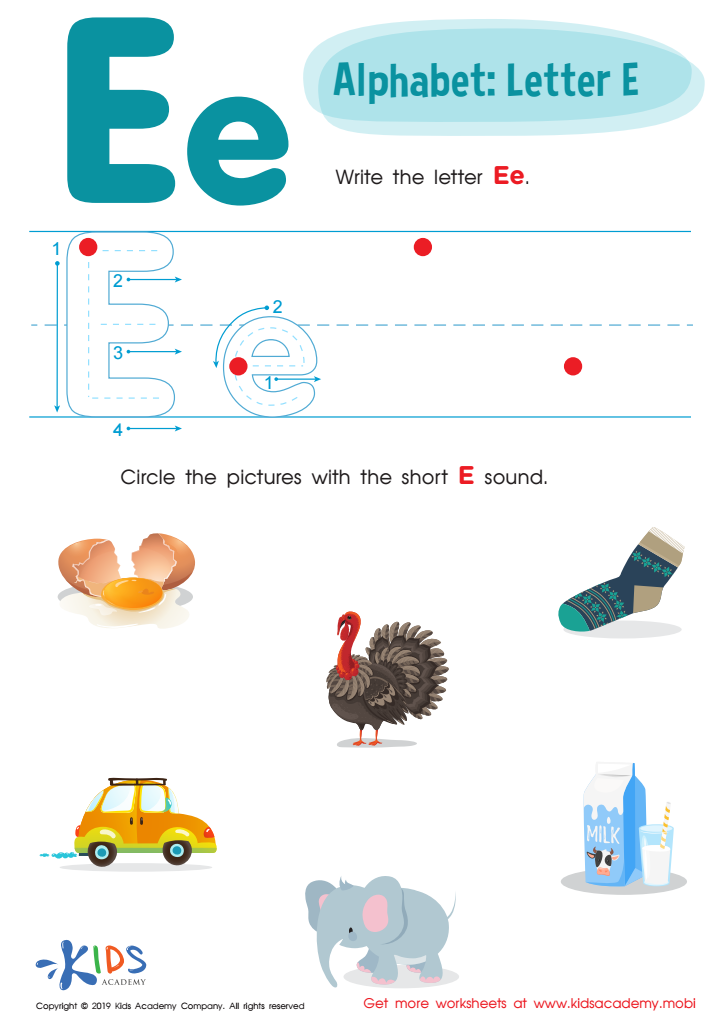

Letter E Tracing Worksheet
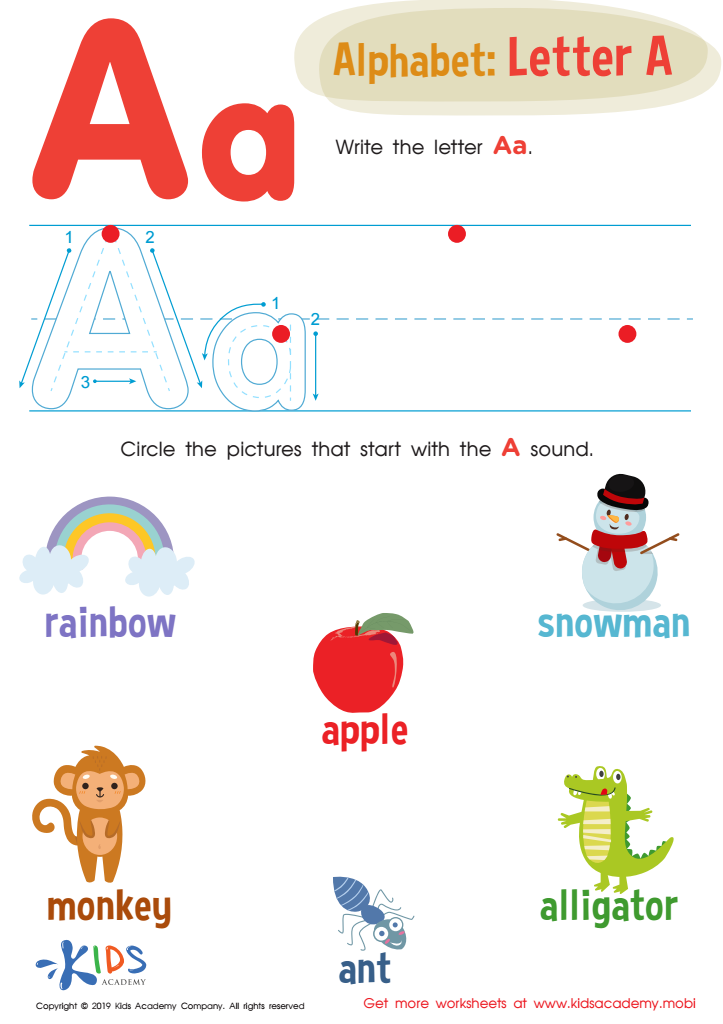

Letter A Tracing Worksheet
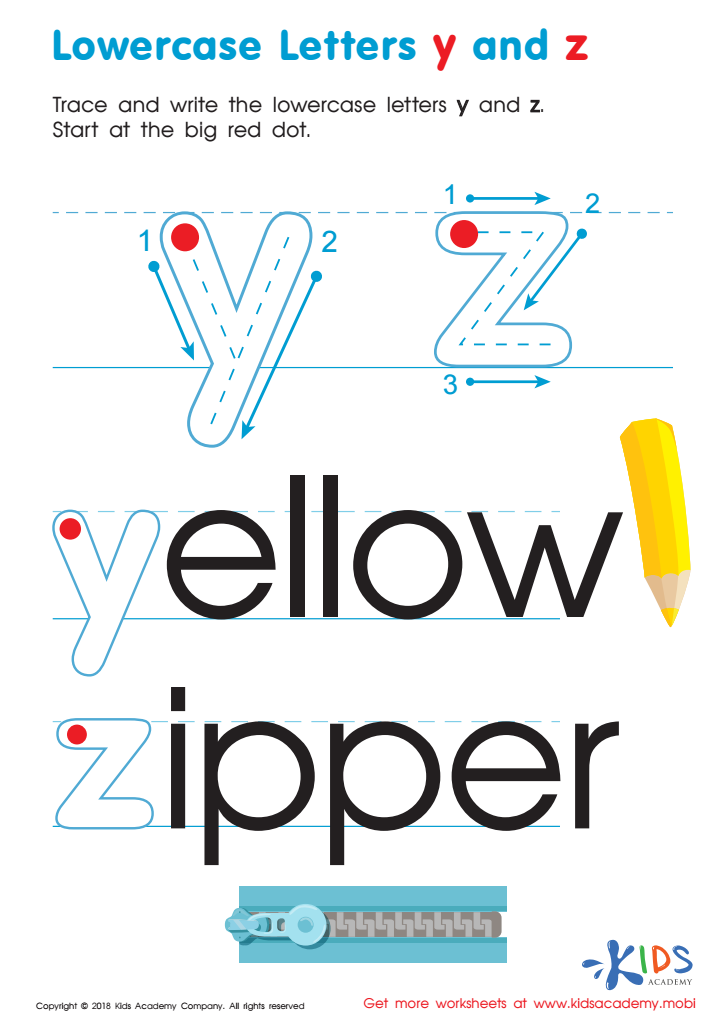

Lowercase Letters y z Worksheet
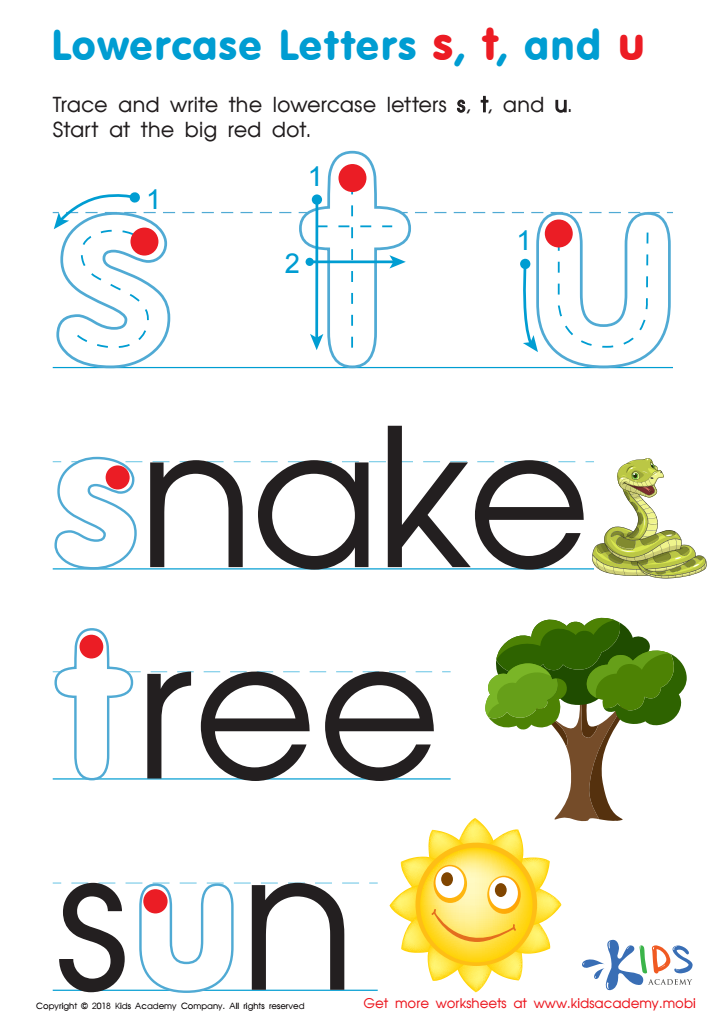

Lowercase Letters s t u Worksheet
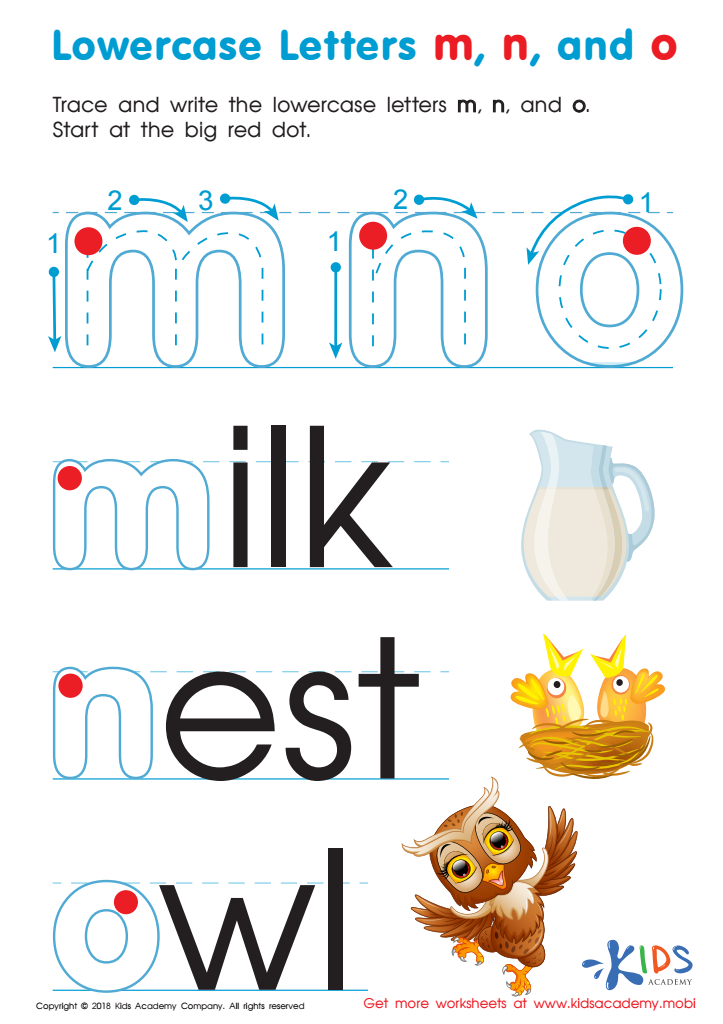

Lowercase Letters m n o Worksheet
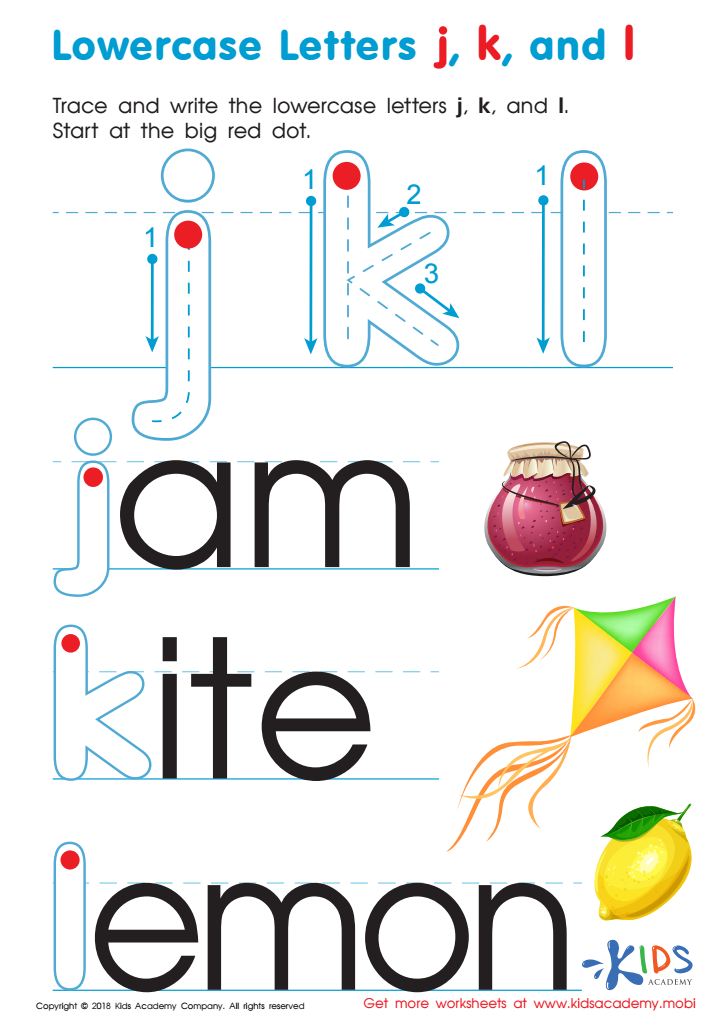

Lowercase Letters j k l Worksheet
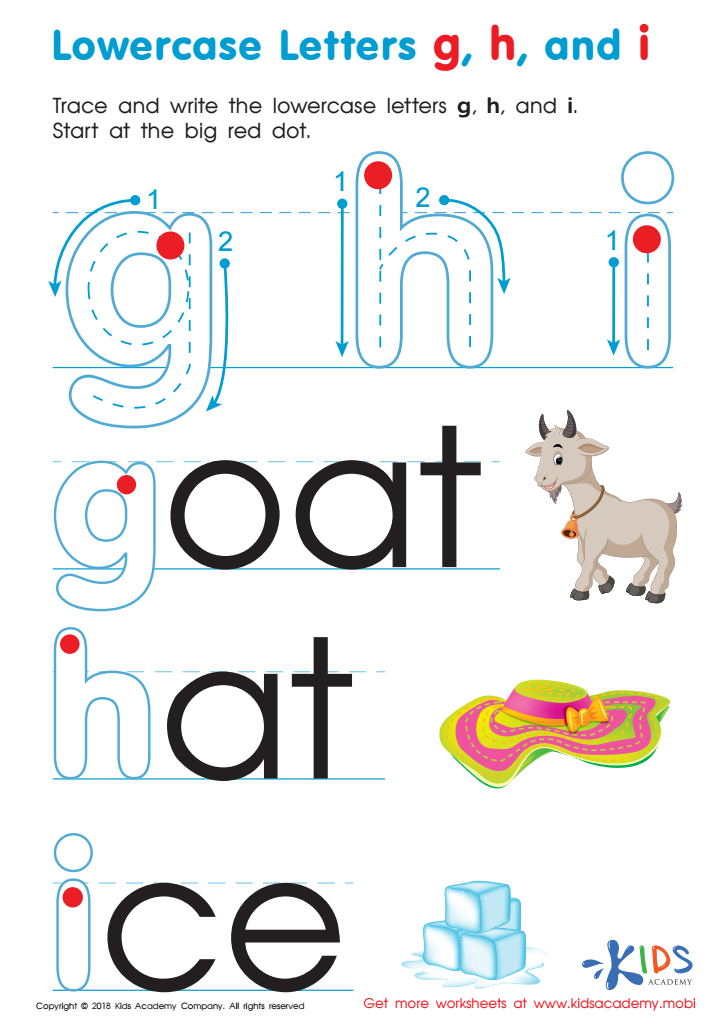

Lowercase Letters g h i Worksheet
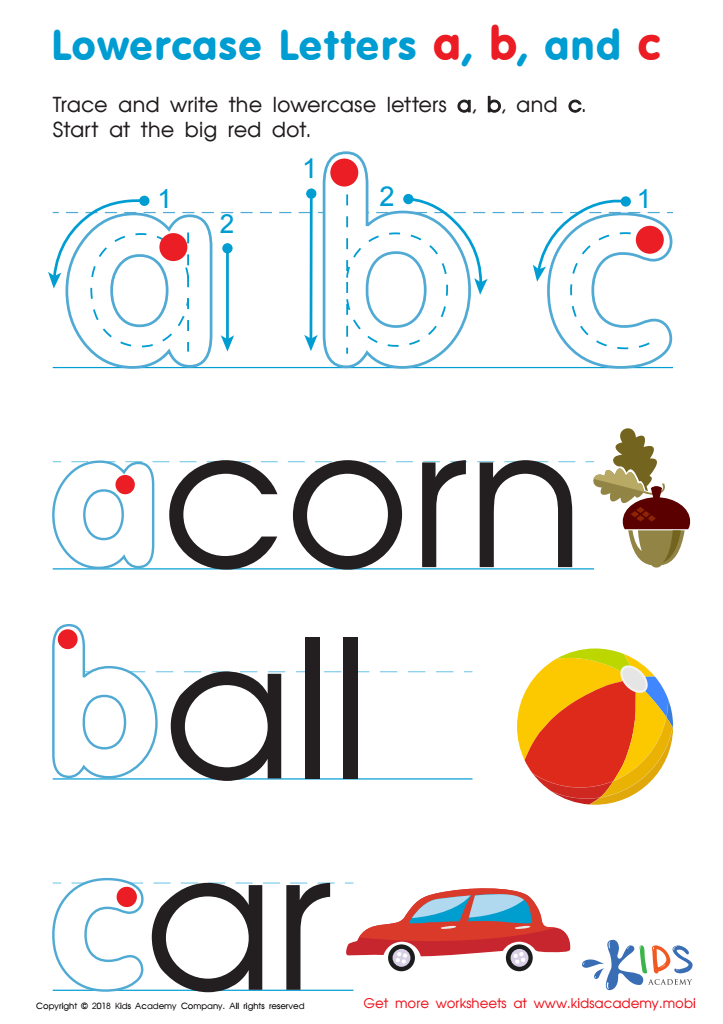

Lowercase Letters a b c Worksheet
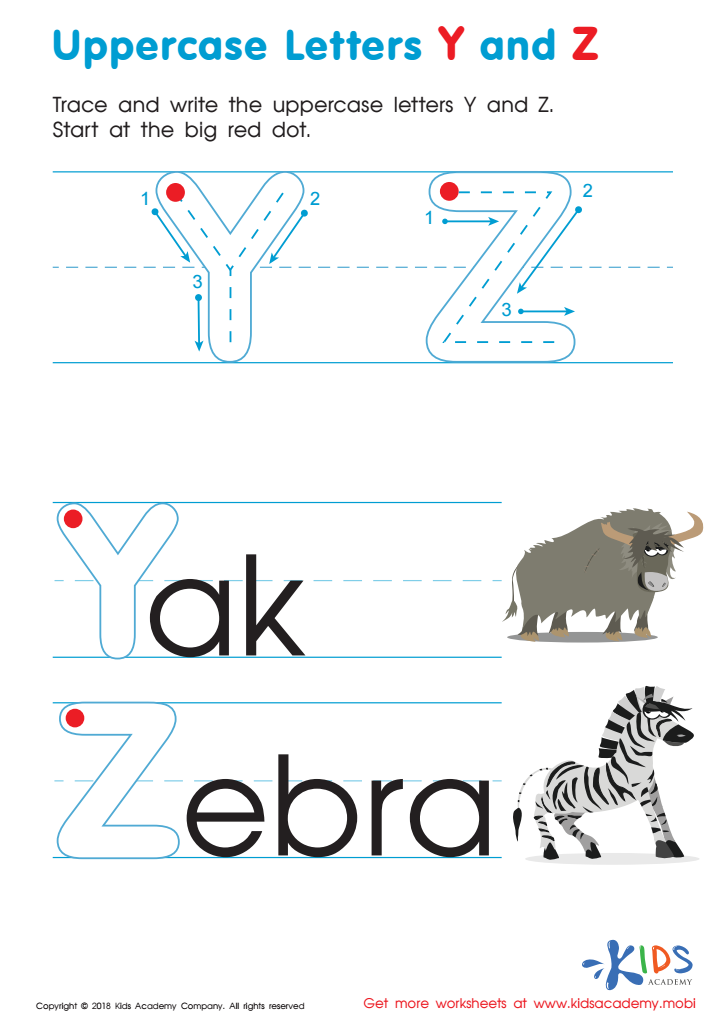

Uppercase Letters Y Z Worksheet
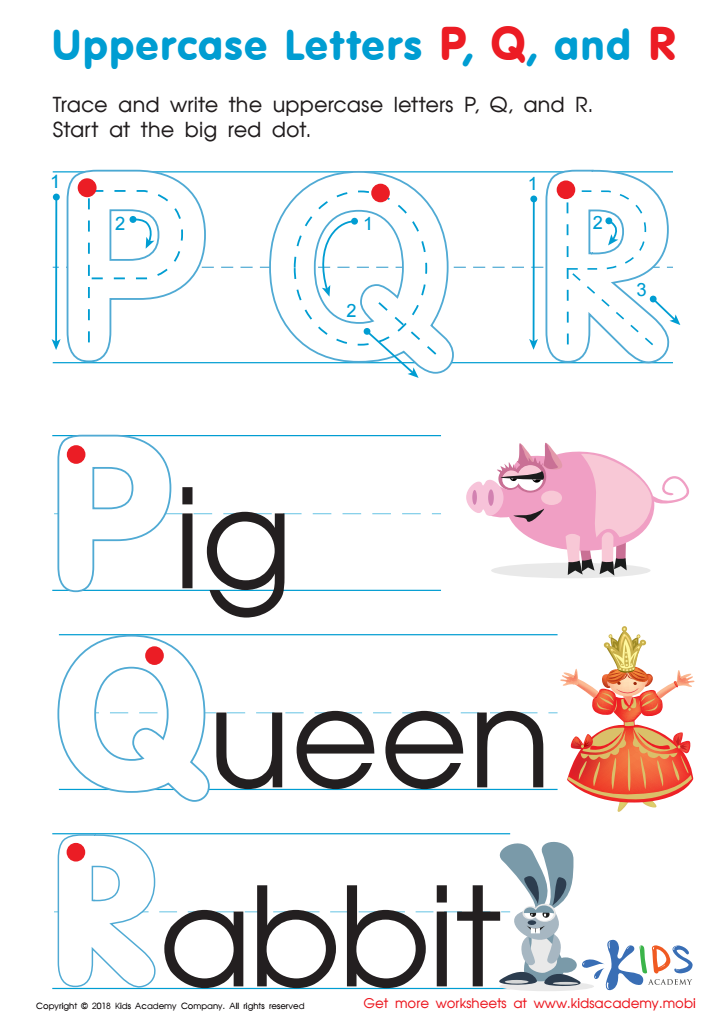

Uppercase Letters P, Q, and R Worksheet
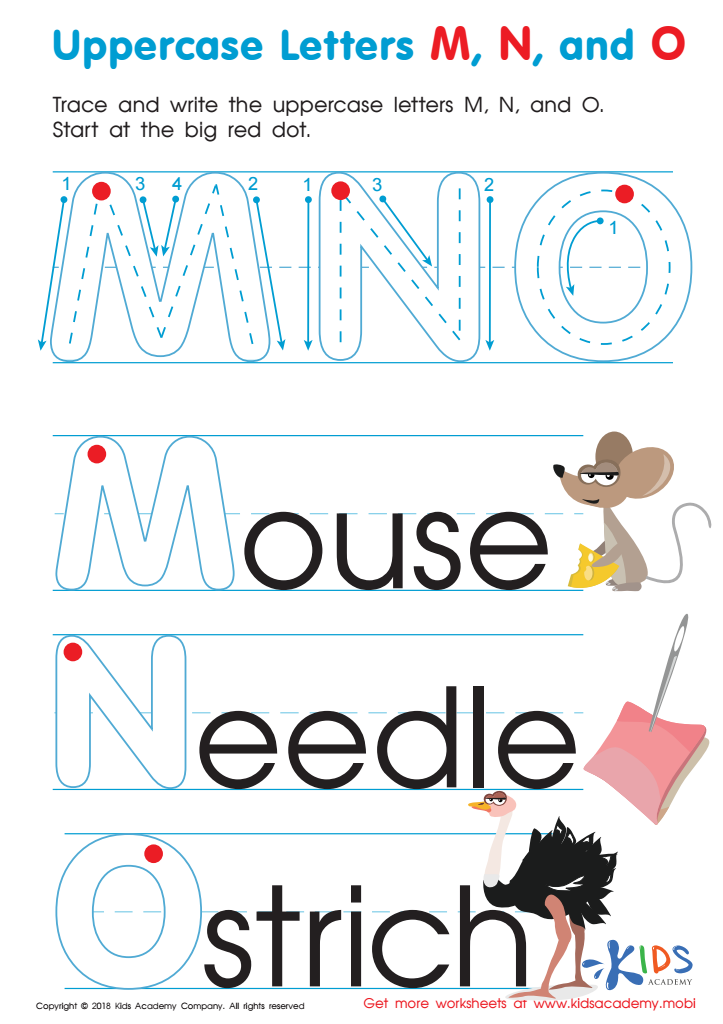

Uppercase Letters M, N, and O Worksheet
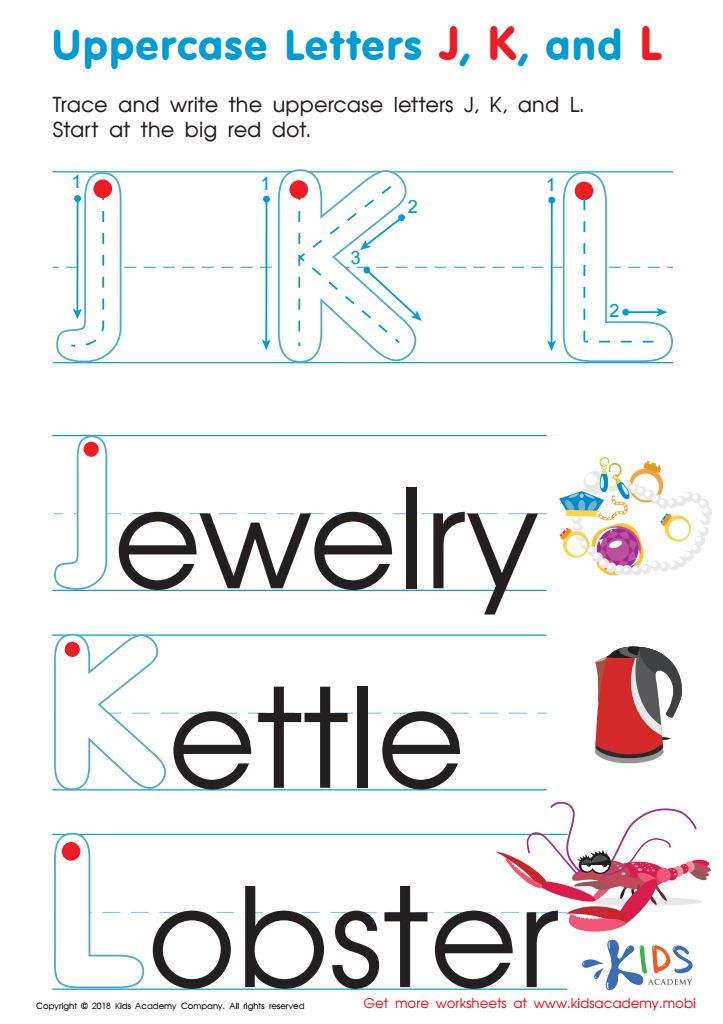

Uppercase Letters J, K, and L Worksheet
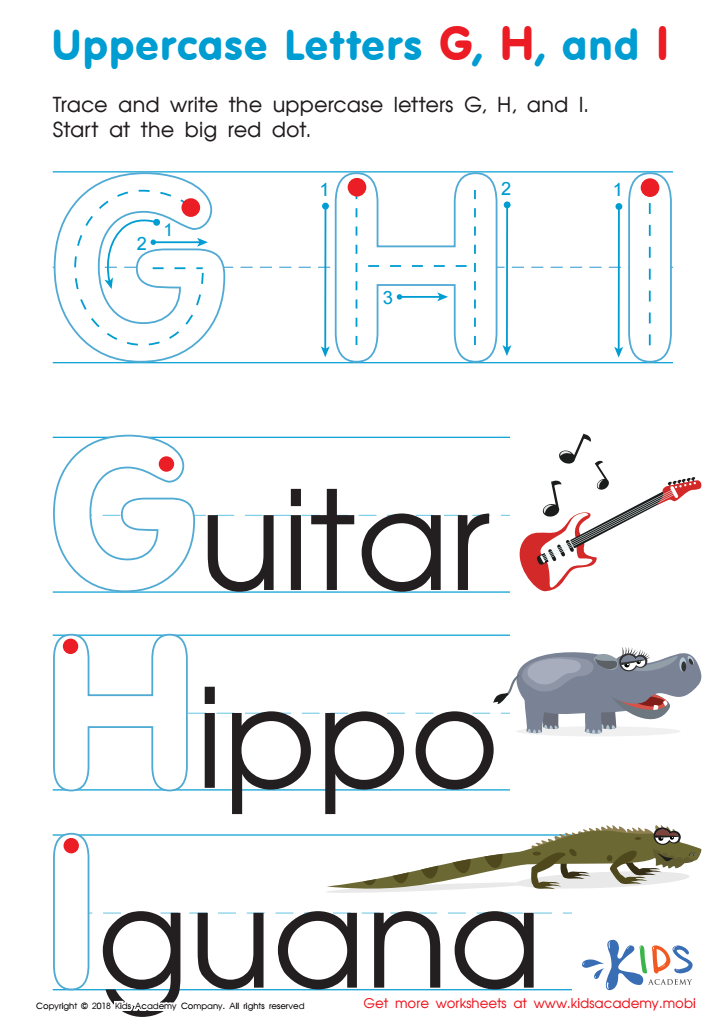

Uppercase Letters G, H, and I Worksheet
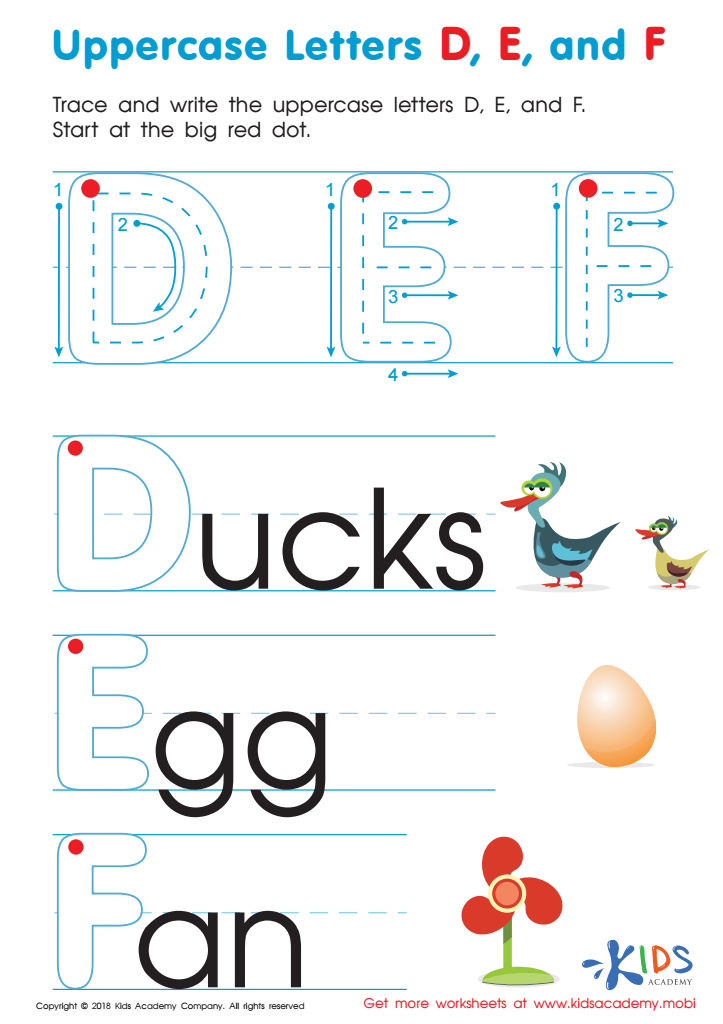

Uppercase Letters D, E, and F Worksheet
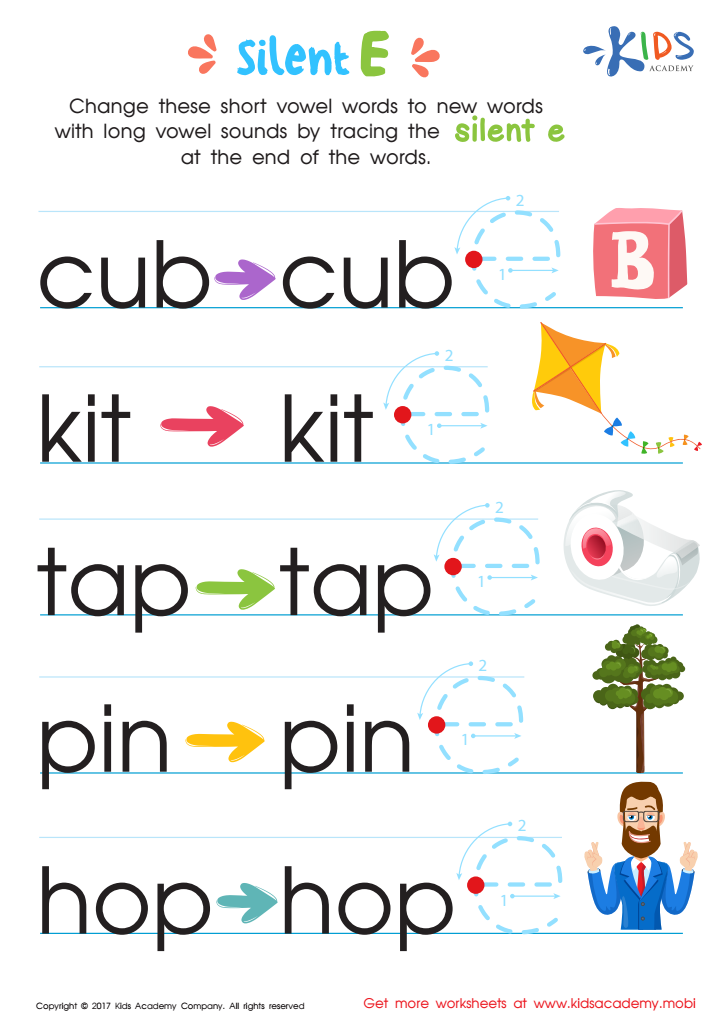

Silent E Words Worksheet
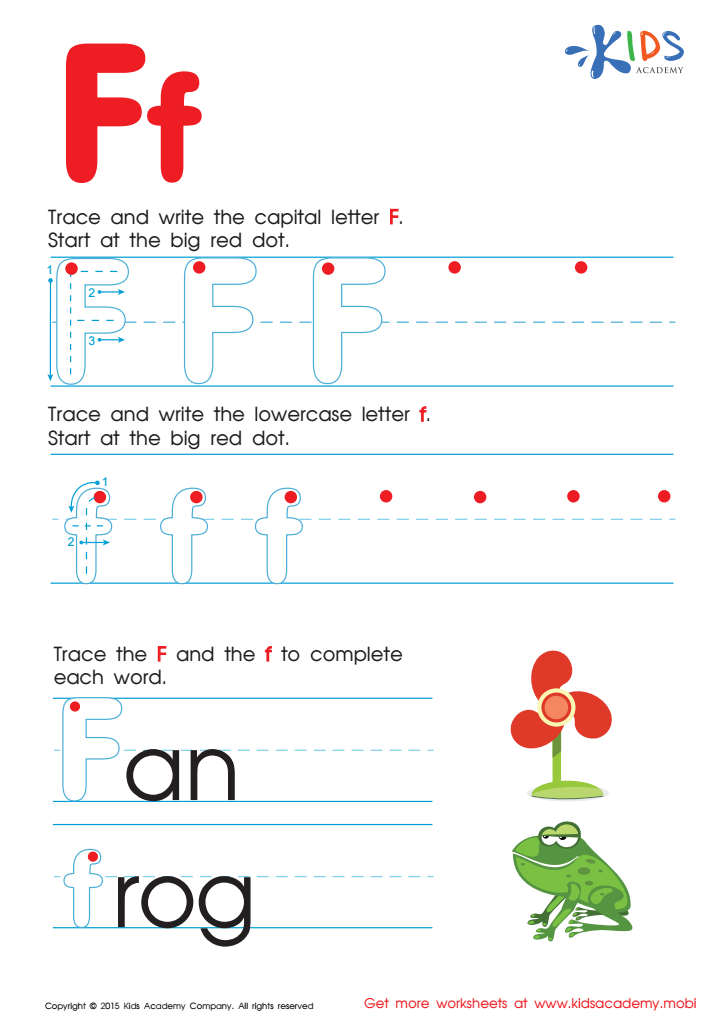

Letter F Tracing Page
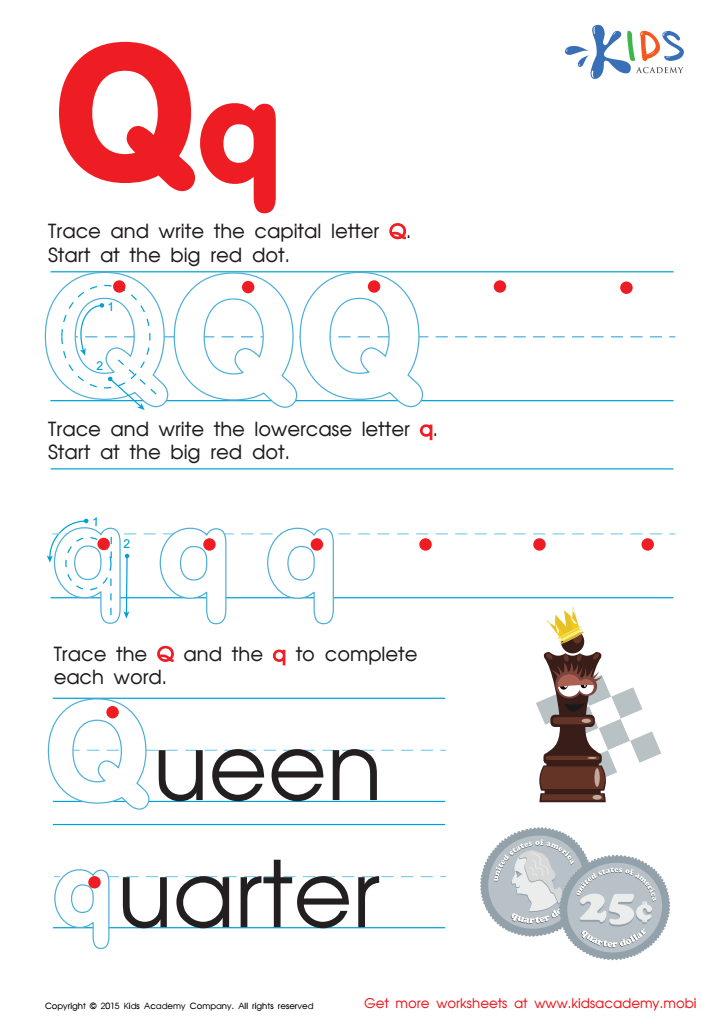

Letter Q Tracing Page
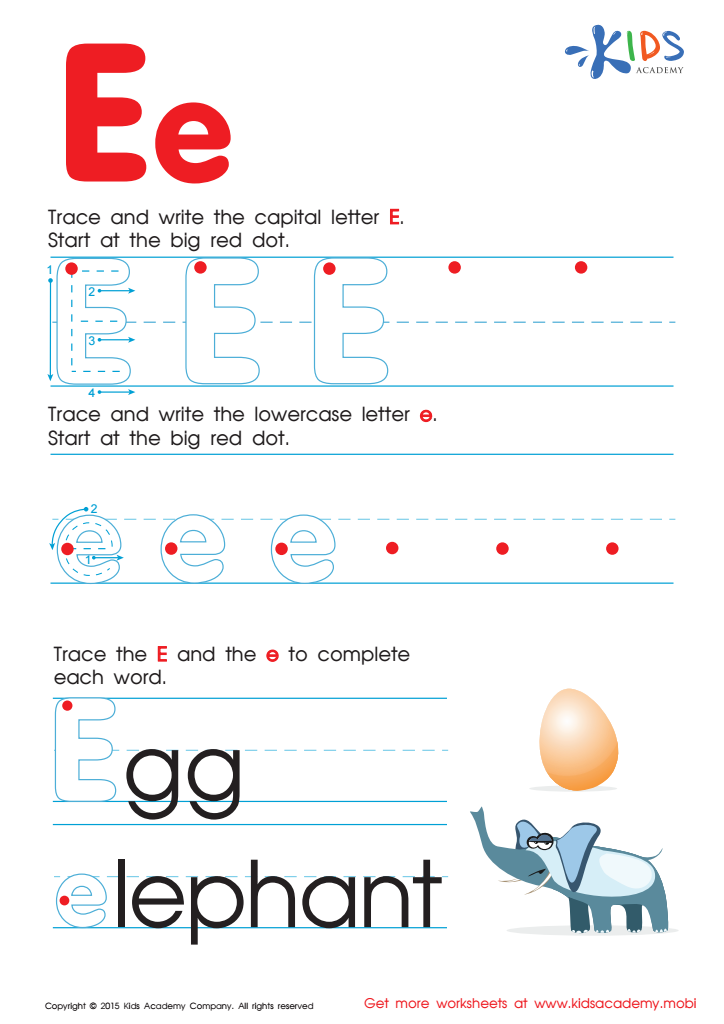

Letter E Tracing Page
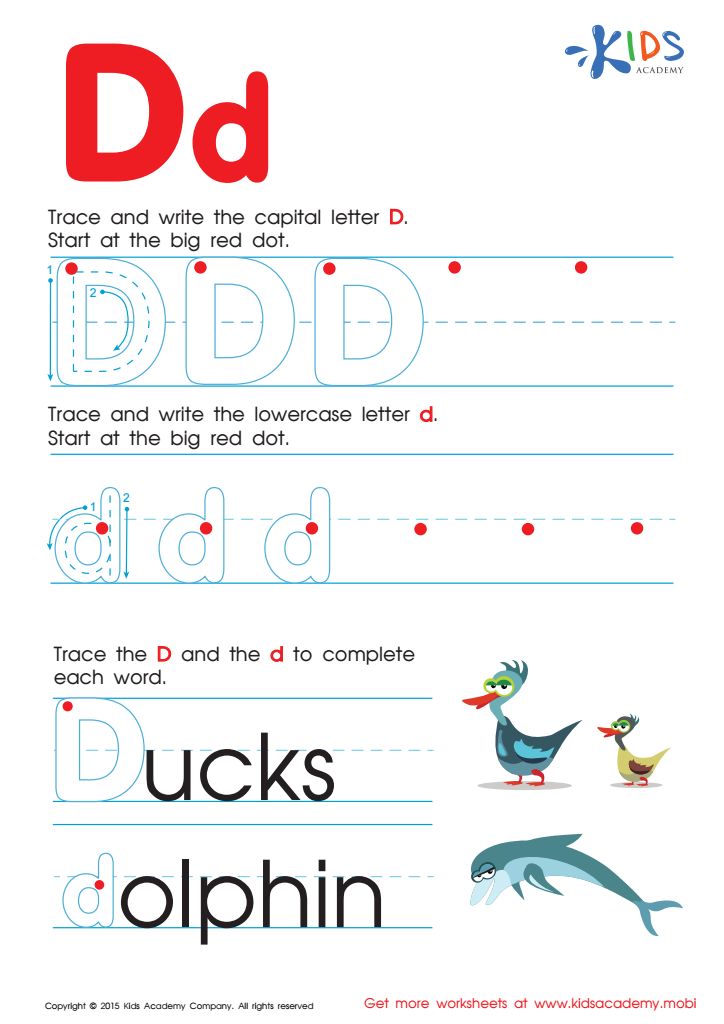

Letter D Tracing Page
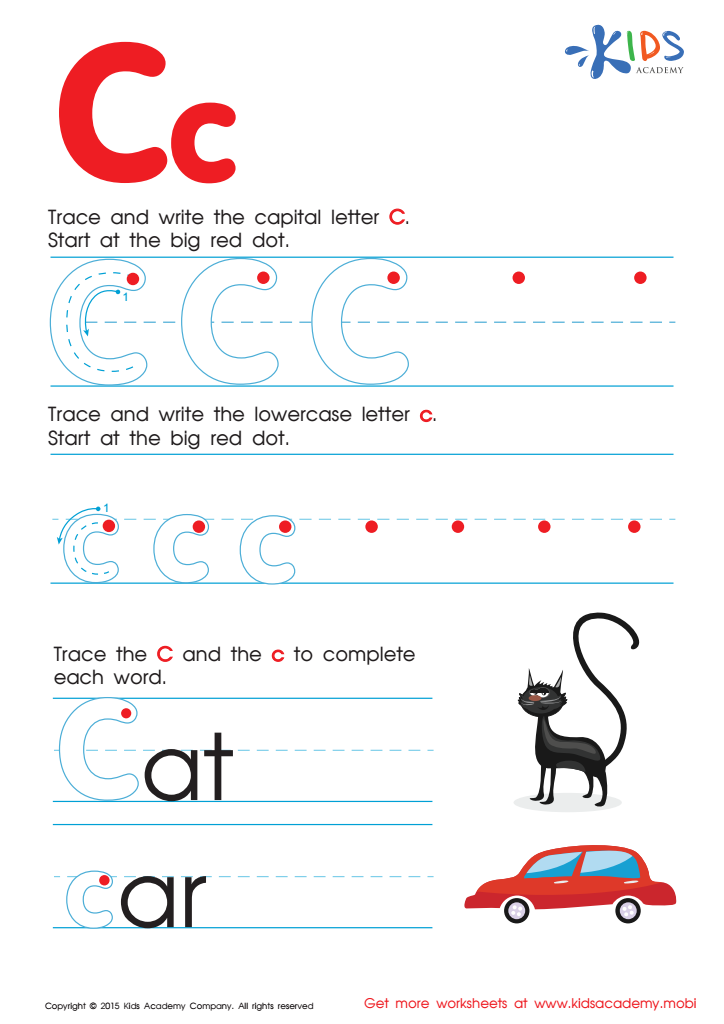

Letter C Tracing Page
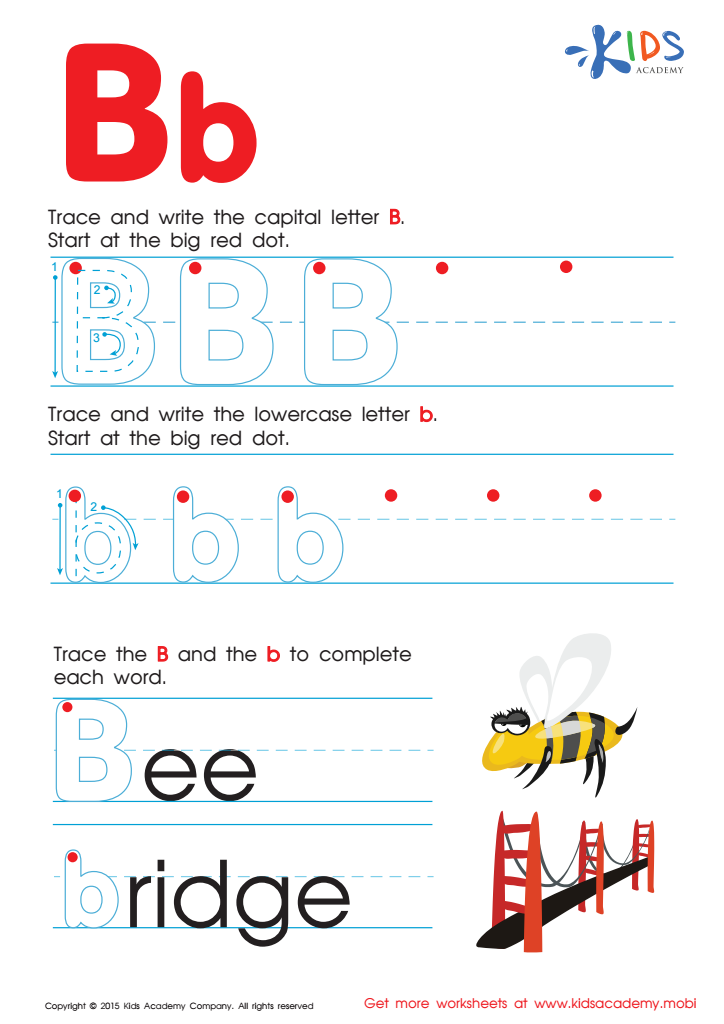

Letter B Tracing Page
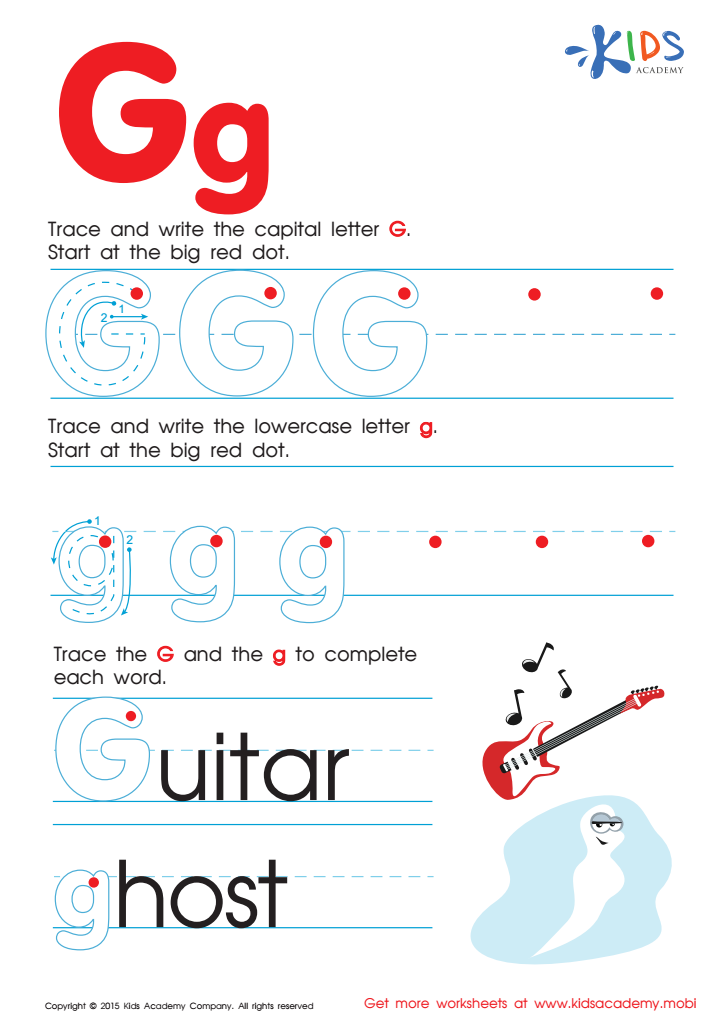

Letter G Tracing Page


Letter H Tracing Page
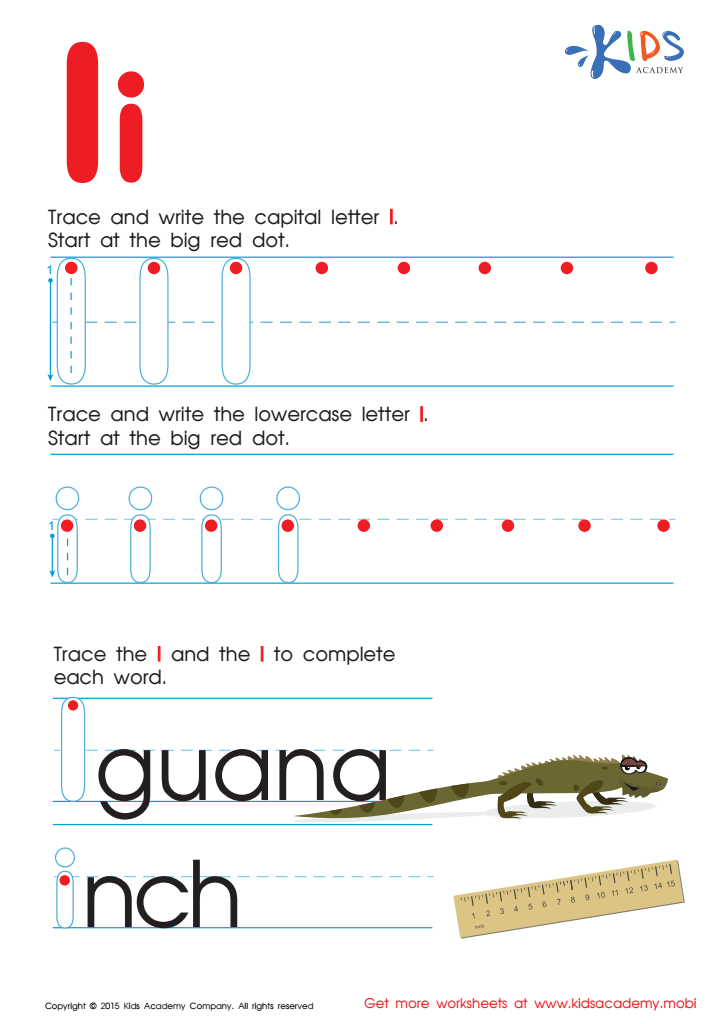

Letter I Tracing Page
Parents and teachers should care about Normal Tracing Letters activities for children aged 6-9 because these activities play a crucial role in early literacy development. Tracing letters helps young learners build fine motor skills, essential for writing. By practicing the formation of letters, children develop muscle memory, leading to improved handwriting. This foundational skill is critical as legible writing often influences a child's confidence and performance in academic settings.
Moreover, tracing activities enhance letter recognition, which is vital for reading. Children begin to associate visual symbols with sounds and corresponding words, laying the groundwork for reading fluency. As they trace letters, they also engage in phonemic awareness, which further supports their understanding of language and its structure.
Additionally, these activities can foster a sense of accomplishment and motivation. As children see their progress in letter formation, they gain confidence in their abilities. This can lead to a positive attitude towards learning and literacy. Overall, Normal Tracing Letters activities are a simple yet effective way for parents and teachers to support children's educational journeys, nurture essential skills, and cultivate a love for reading and writing from an early age.
 Assign to My Students
Assign to My Students


















